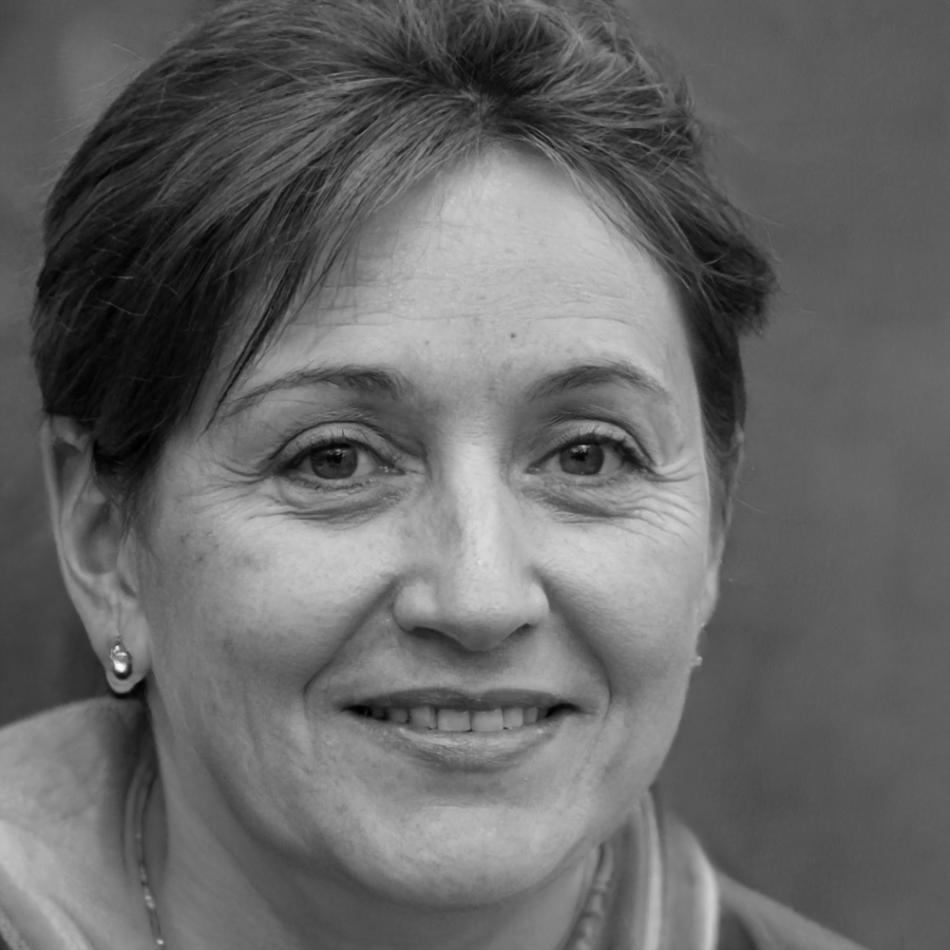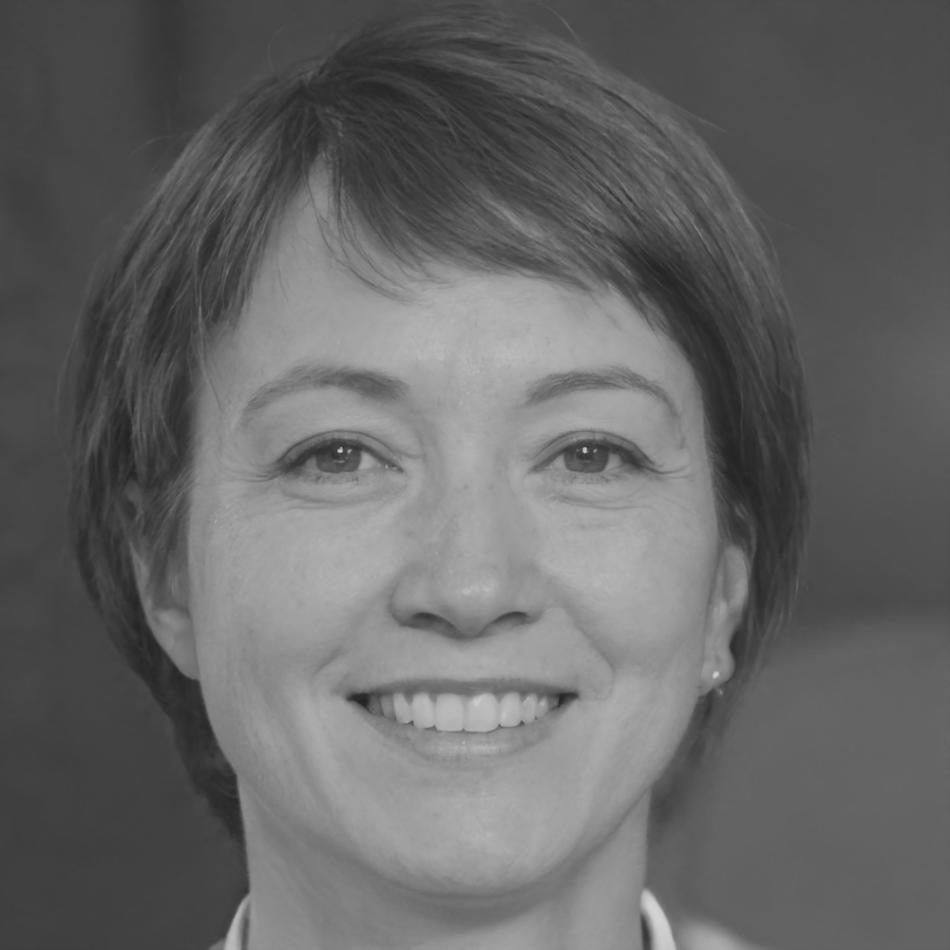Build Models That Actually Work
Financial models aren't decoration for PowerPoint decks. They're tools that help you make real decisions about real money. Our upcoming courses focus on practical skills you'll use straight away.
We're running sessions through late 2025 and into early 2026. Most participants tell us they wish they'd learned this stuff years ago. The good news? You're here now.

What's Coming Up
Each course runs for six weeks. You'll work on actual case studies, not theoretical exercises. Classes meet twice weekly, with homework that won't take over your life.
Financial Modelling Essentials
Start from scratch or fix the gaps in what you already know. We cover the foundations properly so you can build complex models later. Tuesdays and Thursdays, 6pm–8pm AEST. Limited to 15 participants.
Scenario Analysis & Sensitivity
The real world doesn't follow your base case assumptions. Learn how to stress-test models properly and communicate uncertainty without looking indecisive. For people comfortable with Excel formulas.
Real Estate Financial Models
Development feasibility, investment analysis, and cash flow projections for property. We use actual Australian projects as case studies. Helpful for developers, investors, and analysts working in property markets.
Business Valuation Techniques
DCF, comparable company analysis, and precedent transactions. This one moves quickly and assumes you're already comfortable building three-statement models. Best for analysts and advisors.

Sienna Viklund
Lead Instructor
Spent twelve years building models for corporate finance teams before realizing she enjoyed teaching more than meetings. Still consults on the side, which keeps the course content grounded in what actually happens.

Iris Kovalenko
Technical Instructor
Former investment analyst who got tired of fixing other people's broken spreadsheets. Now teaches the technical stuff properly so fewer models end up as disasters. Has opinions about Excel best practices and isn't shy about sharing them.

How These Courses Work
We're not fans of courses that teach theory and send you off to figure out the practical bits yourself. Here's what you can expect instead.
Real Case Studies
Every lesson works through actual business scenarios. You'll model things like expansion decisions, equipment purchases, and investment opportunities. The messiness of real data is part of the point.
Small Class Sizes
Maximum 15 people per course. This isn't scalable or particularly profitable, but it means you get help when you're stuck. Questions don't get lost in massive forums or generic responses.
Flexible Schedule Options
Live sessions happen twice weekly, but recordings are available if you miss one. Homework is due weekly but we're realistic about work commitments. Most people spend 3–5 hours per week on coursework.
Template Library Access
You'll get a collection of properly-built model templates you can adapt for your own projects. These are the same frameworks we use in consulting work. They'll save you hours of setup time later.
Ongoing Support
Course alumni get access to monthly Q&A sessions where you can bring questions from actual projects you're working on. This community aspect turns out to be surprisingly valuable long after the course ends.
Registration Opens Soon
We'll send out enrollment details about six weeks before each course starts. Get in touch if you want to be added to the notification list, or if you have questions about which course makes sense for your situation.
Contact Us